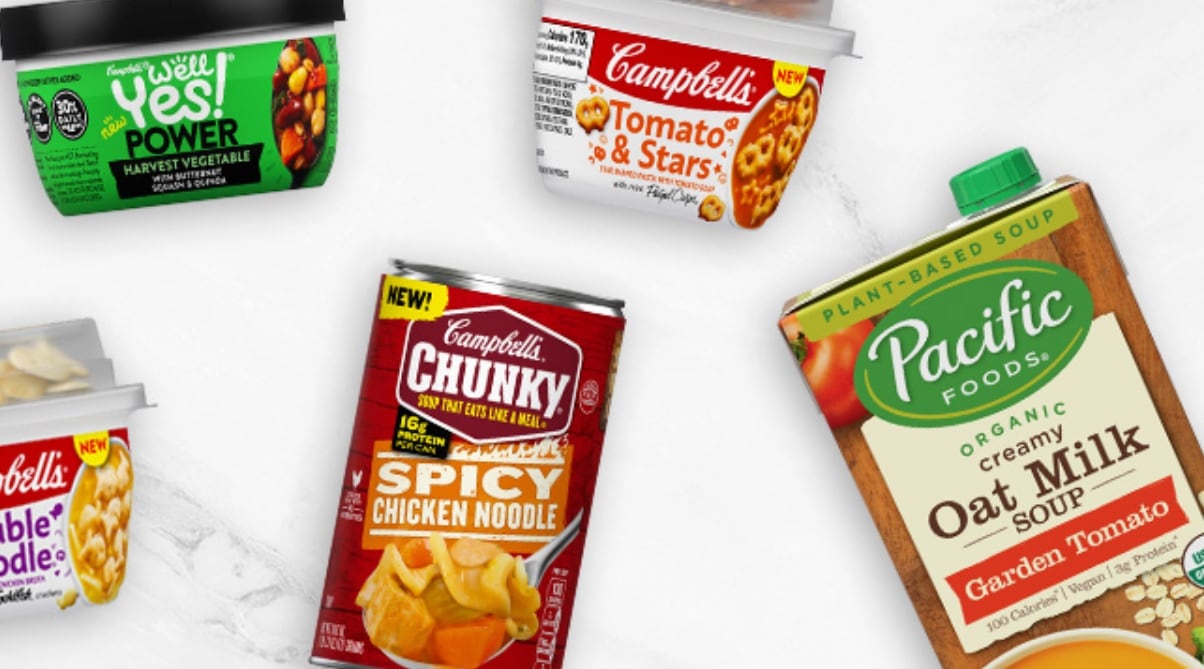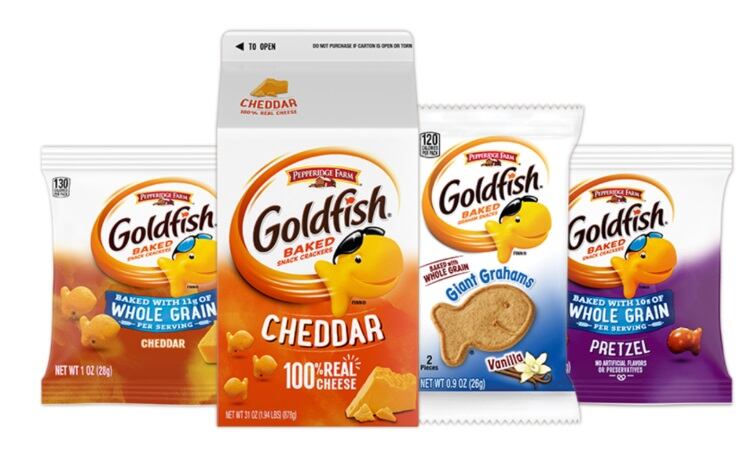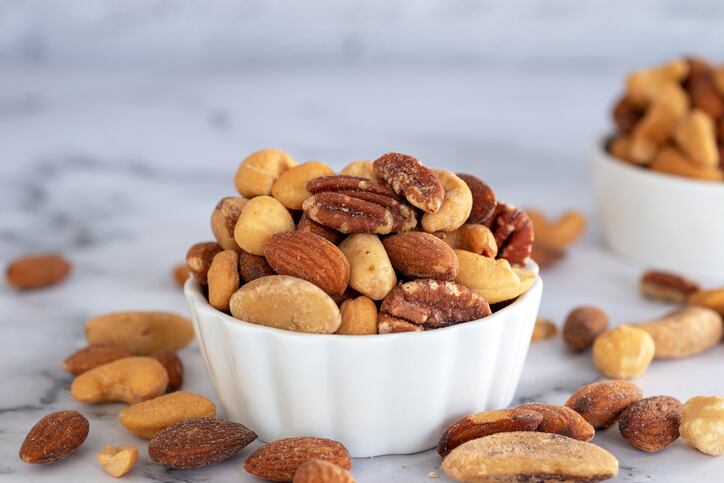Campbell Soup Co. CEO Mark Clouse told investors during the company’s fourth quarter earnings call yesterday that he expects volume declines in select categories that dampened fourth quarter net sales growth and share will continue through the first half of the new fiscal year, but he does not expect contributing factors to have long-term detrimental effects.
“In fiscal 2024, we’ll maintain our support of our brands and remain vigilant on value to ensure we remain competitive, but do not see [recent volume and sales declines or slowdowns] as a catalyst for dramatic shifts in promotional or margin dilutive actions to chase volume or share,” he said.
For the fourth quarter, the company reported a relatively flat 1% net sales increase in its meals and beverages segment driven primarily by price increases but offset by unfavorable volume and mix, including a 2% decrease in US Soup sales resulting in a 18% decrease for the meals and beverages quarterly earnings. Overall net sales for the quarter were up 5% to nearly $2.1bn, again reflecting price increases and partially offset by unfavorable volume and mix.
Clouse lauded the overall quarter as “fantastic,” but acknowledged some of the headwinds – especially those in soup – will likely continue in the short-term before sequential improvements in the back half of the new fiscal year.
Three temporary factors tamp Q4 results but are not long-term threats
Clouse explained his confidence in the company’s long-term success and its decision to forgo heavy promotions, even if it means short term hits, comes down to a belief that three main factors squeezing the company currently are “transitory.”
The first factor “is the tail end of COVID impact,” which Clouse acknowledged “might not have been immediately on the radar screen” as the company did not discuss it much a year ago in the fourth quarter.
“But,” he said, “as we really took time to step back and compare baselines of our categories, especially some of our, let’s call it, less prevalent in the summer categories – like soup – you really do see a very tight linkage to where we saw a couple of surges that occurred in the tail end of fiscal ’22 for us and into the first quarter of ’23.”
He attributed about 50% of the company’s decline in soup in the fourth quarter and expects it to continue into Q1, but to “greatly diminish as we approach the second quarter of fiscal 2024.”
The second factor negatively impacting Campbell’s short-term performance is a “lapping of double-digit pricing actions from a year ago,” which is a dynamic that Clouse said the company expected and which will likely continue through 2024 after the company pursued multiple rounds of price increases in 2023.
The third factor attributing to the company’s limited volume recovery to date is consumer response to ongoing economic uncertainty and prolonged inflation, Clouse said.
He explained that to save money and stretch their budgets, consumers are focusing on immediate needs – leading to fewer categories in their baskets and a focus on seasonal priorities, one of which is not soup in the summer.
However, he added, “we expect our categories like soup, which is a top 10 category in the fall and winter, to increase in priority, and we’re already seeing some early signs of improvement.”
Consumer struggles with inflation also is benefiting Campbell’s numbers as many shoppers are buying “more value-driven stretchable meals,” which include the company’s pasta sauces, condensed cooking soups and broth, he said. The downside of this trend is a drop in the ready-to-eat soup category.
Like the other factors, Clouse said, “we expect this behavior to subside as inflation continues to moderate.”
Because all three factors are limited temporally, Clouse concludes that “this is not a moment for a structural change to food that requires you to chase volume or share to the bottom… The idea that we’re going to need dysfunctional promotion to manage what I just walked through is just not what we’re seeing,” and why Campbell Soup is confident that after a slow start in fiscal 2024 business will build with strong growth and returns.




